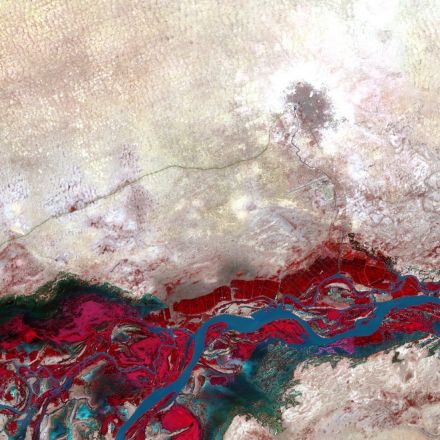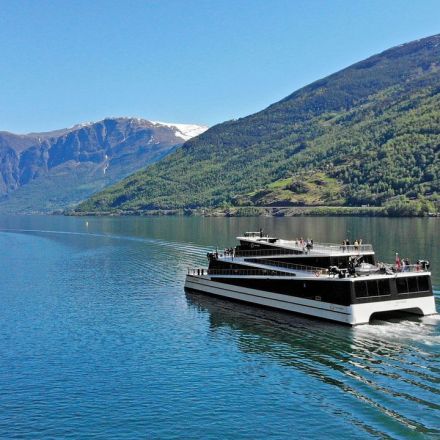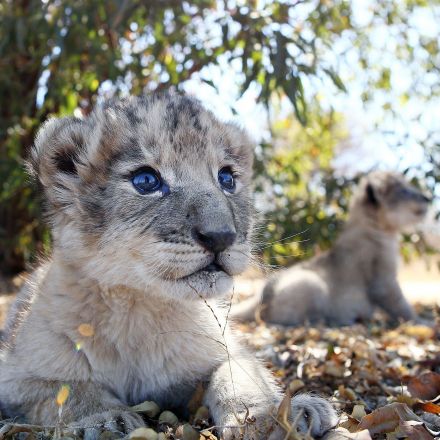
Sunday, 30 September 2018
World’s first test tube lions are thriving and raising hopes more big cats could be saved from extinction
‘Mosquito-pocalypse is in full effect’: North Carolina hit by blood-sucking pest outbreak
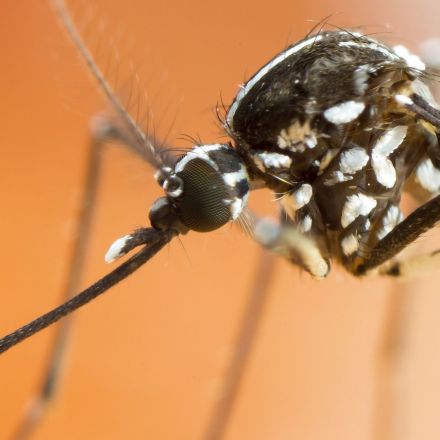
Manta rays’ food-capturing mechanism may hold key to better filtration systems
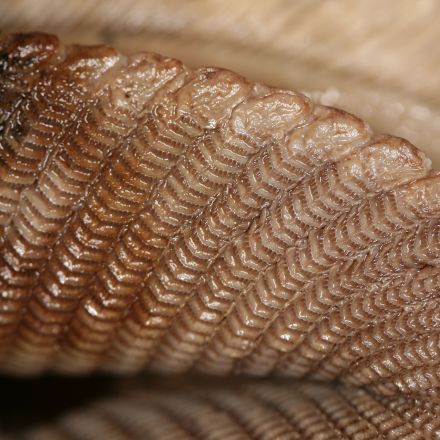
Neanderthals Hand Structures
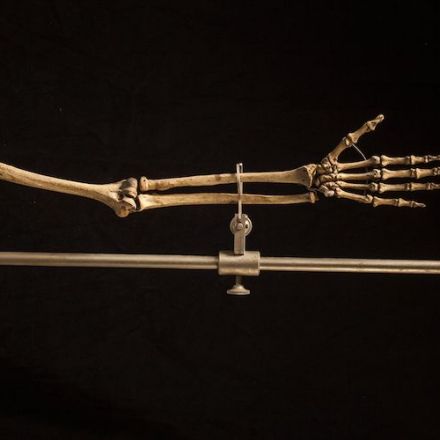
Saturday, 29 September 2018
Lasers Reveal 60,000 Ancient Maya Structures in Guatemala

Nepal's Tiger Population Nearly Doubles in Last Decade
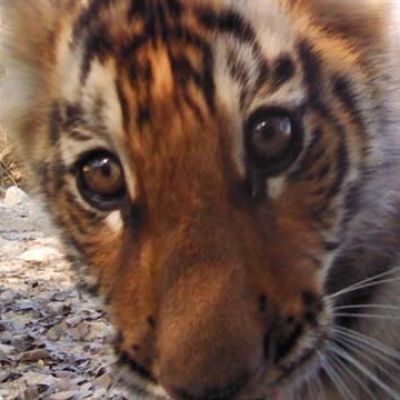
Watching a Friend Get Eaten Could Help Animals Learn to Stay Alive
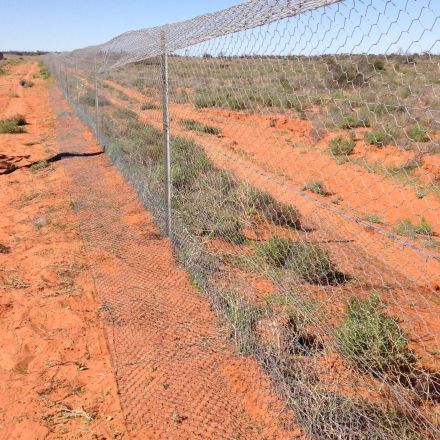
Wild animals endure illness, injury, and starvation. We should help.
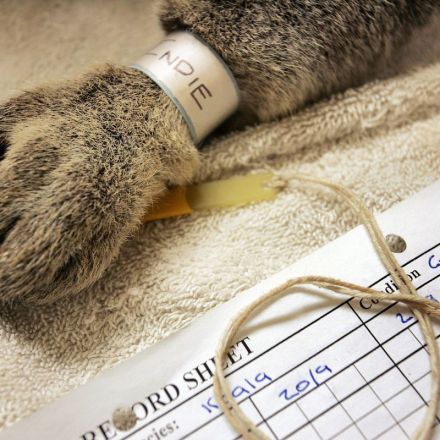
runt römer pigeons
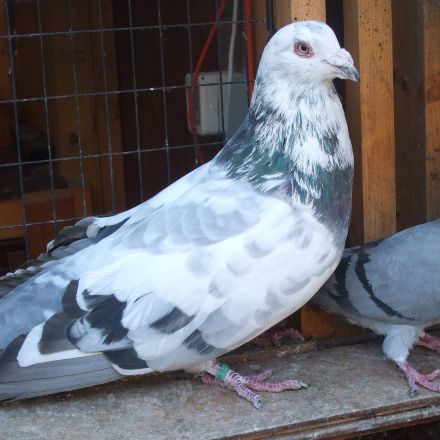
California Just Officially Banned The Sale Of Animal-Tested Cosmetics
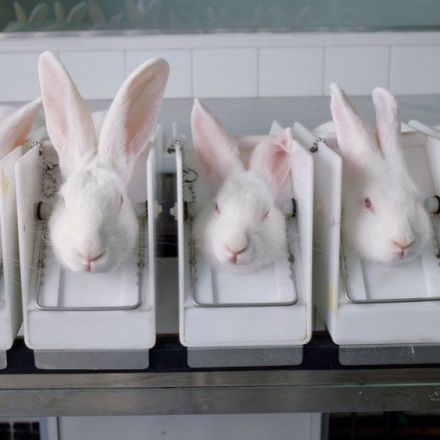
Cats Are Surprisingly Bad at Killing Rats
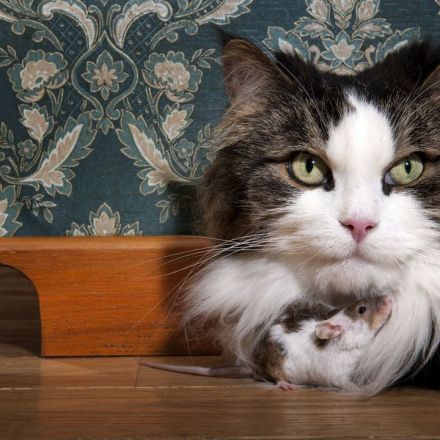
Friday, 28 September 2018
How to Return a Lost Dog?

Orca 'apocalypse': half of killer whales doomed to die from pollution
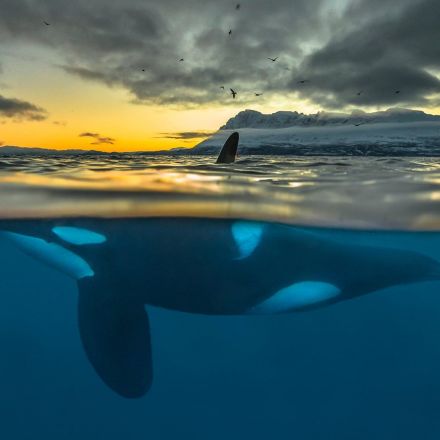
Trump officials ease offshore drilling safety rule

Thirty-seven new spider species discovered in Queensland
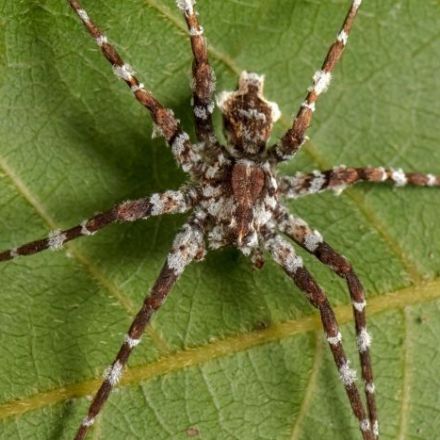
After century of removing appendixes, docs find antibiotics can be enough

Thursday, 27 September 2018
Cheaper Battery Is Unveiled as a Step to a Carbon-Free Grid

Power outages during a hurricane can be deadly. Solar could fix that.
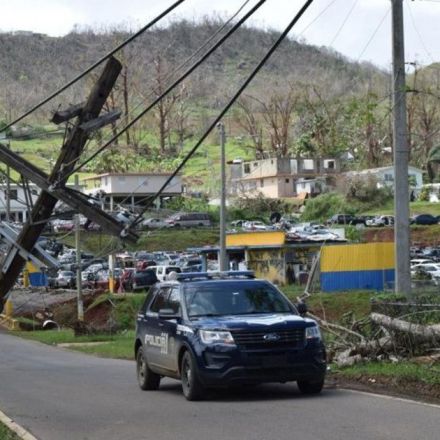
Wednesday, 26 September 2018
Saving Scotland’s Heritage From the Rising Seas

Wizards, Moomins and pirates: the magic and mystery of literary maps
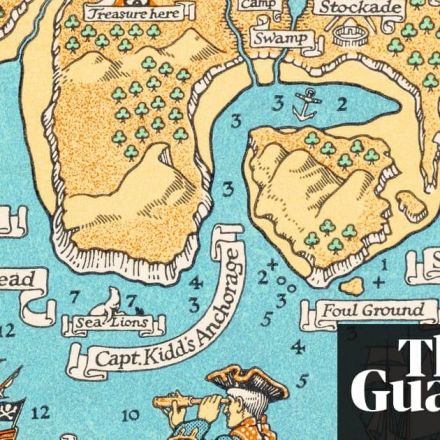
Republicans are slowly warming to climate change—Is it already too late?
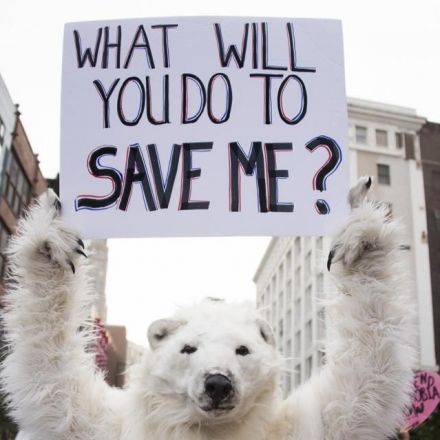
Tuesday, 25 September 2018
UK to call for third of world's oceans to be protected by 2030
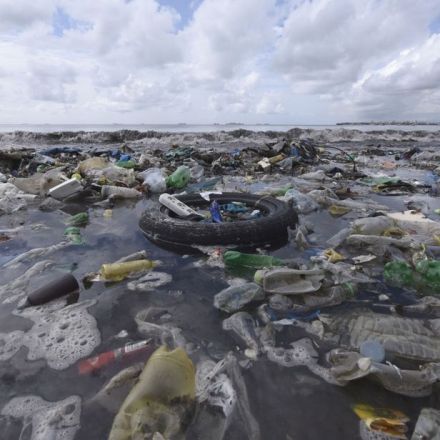
Mosquitoes Genetically Modified To Crash Species That Spreads Malaria
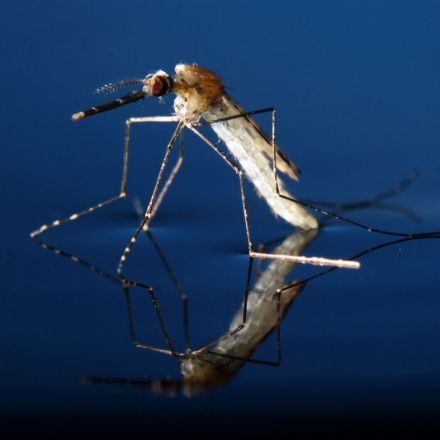
Monsanto's global weedkiller harms honeybees, research finds
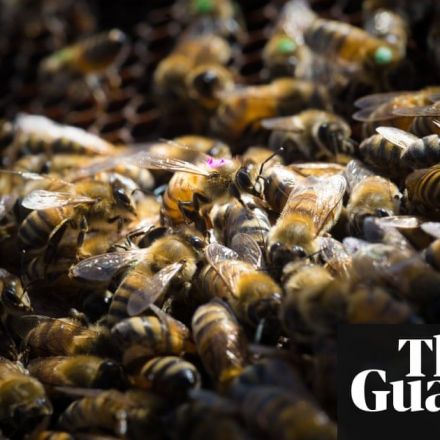
Monday, 24 September 2018
A book of poison or medieval cures?
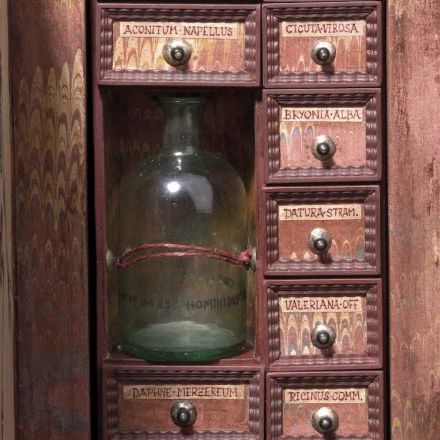
Sunday, 23 September 2018
North Carolina’s Famous Wild Horses Emerge from Hurricane Florence Unscathed

Indonesian president signs 3-year freeze on new oil palm licenses
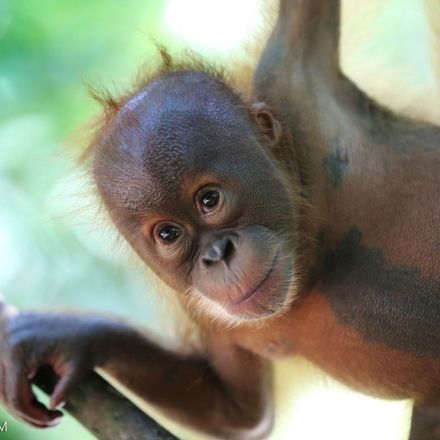
Swiss vote on 'fair food' laws
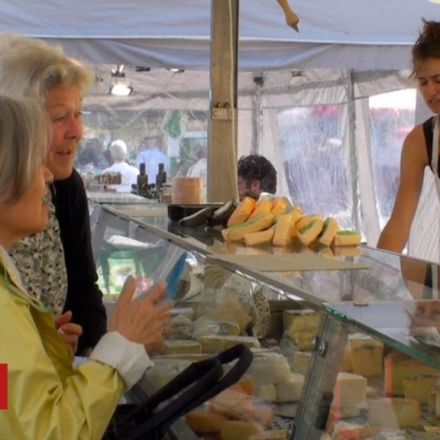
Murdered man's body found after tree 'unusual for the area' grew from seed in his stomach
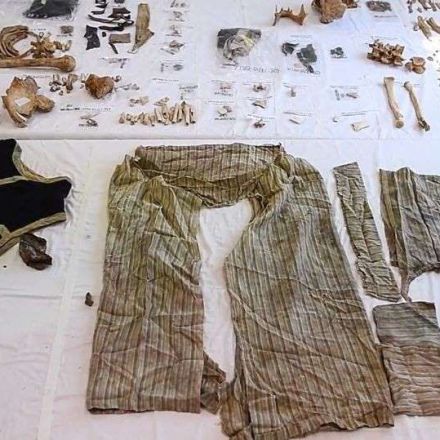
Saving pets without a permit: Good Samaritan arrested after helping animals survive Florence
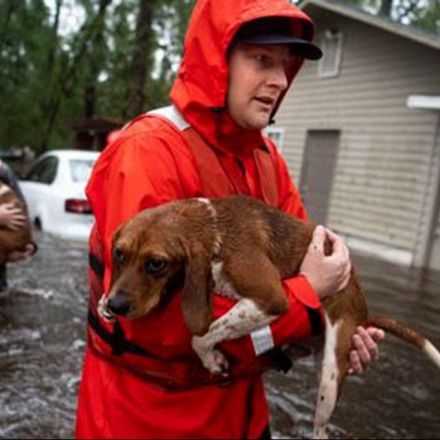
Drone photos of glacier collapse show impact of climate change
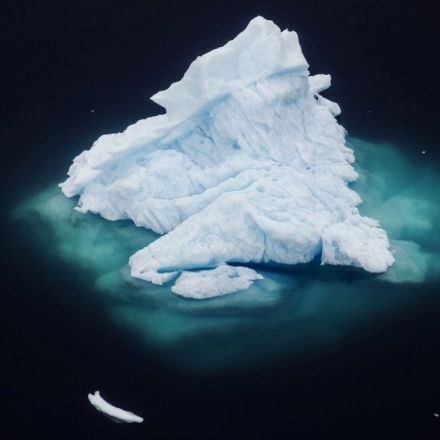
Group of 58,000 Science Teachers Issues No-Bullshit Position on Climate Change

Saturday, 22 September 2018
Divers are attempting to regrow Great Barrier Reef with electricity
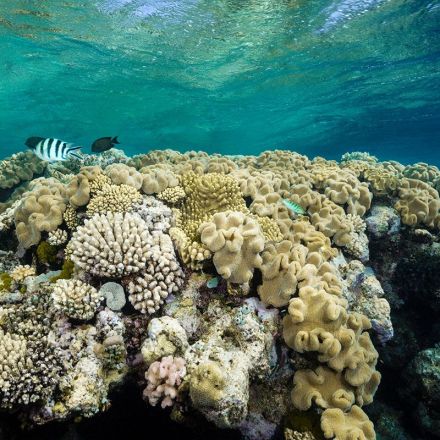
Friday, 21 September 2018
Glacial engineering could limit sea-level rise, if we get our emissions under control
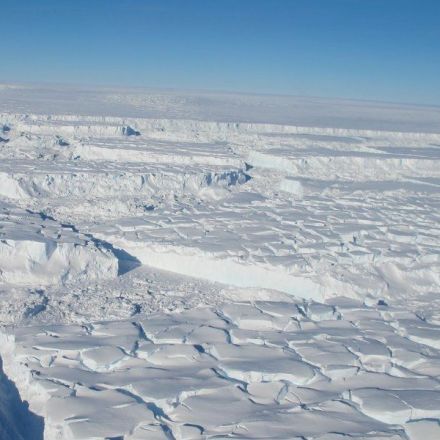
This Eerie Creature Was Just Officially Confirmed as The World's Earliest Known Animal
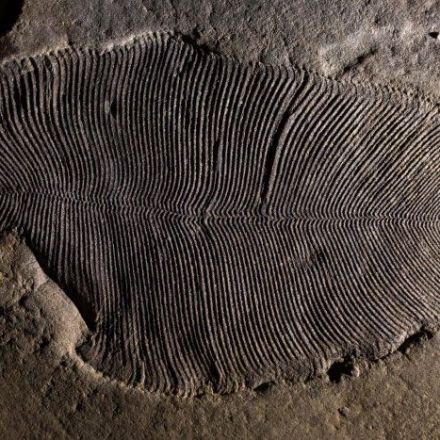
Spiders Have Exploded Over This Greek Town, Coating Everything in a 1,000-Foot Web
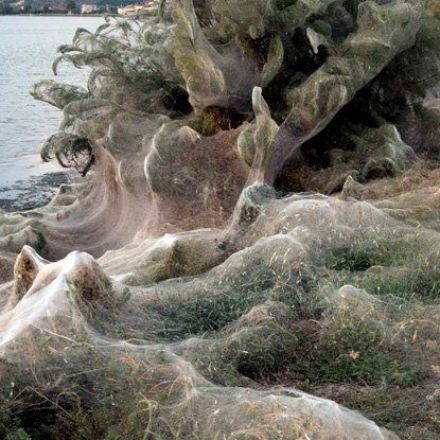
87 days of smog: Southern California just saw its longest streak of bad air in decades

How the octopus got its smarts
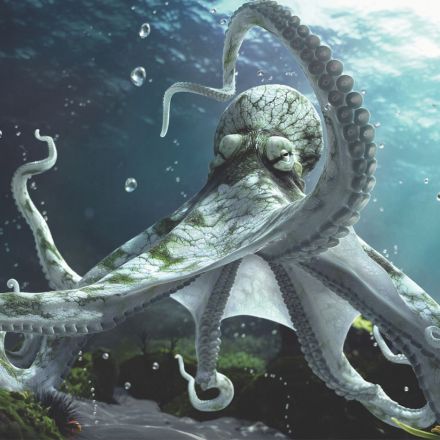
Scientists thought they had created the perfect tree. But it became a nightmare
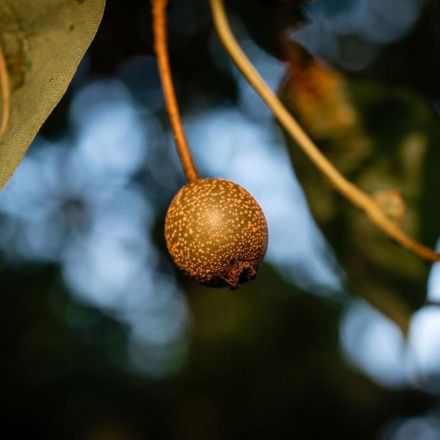
Thursday, 20 September 2018
The Dirty Secret of the Global Plan to Avert Climate Disaster

New species of blind eel that burrows through the soil discovered
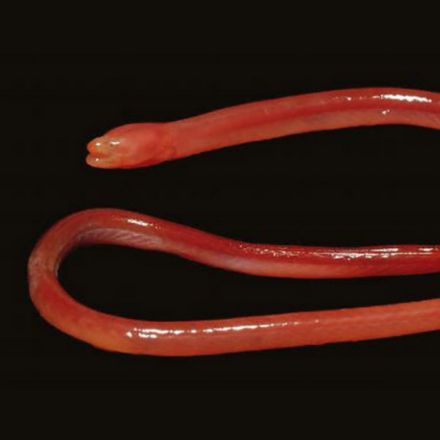
Don't kill wasps they're just as important as bees
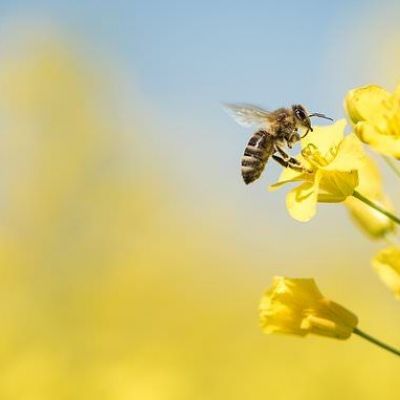
Wednesday, 19 September 2018
The rarest fabric on Earth
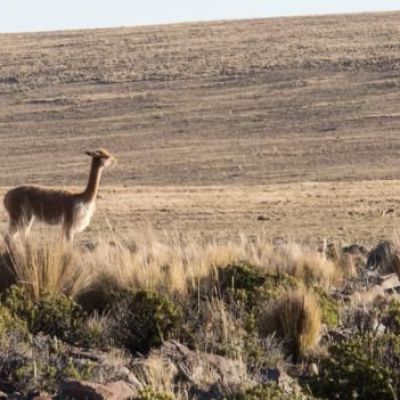
Isolated Nomads Are Under Siege in the Amazon Jungle

'For me, this is paradise': life in the Spanish city that banned cars

A Nursery Rhyme Plagued a Woman For Months, And The Explanation Is Fantastic

Tuesday, 18 September 2018
Pollution Is So Bad That Earth Is Now In The 'Plastic Age'
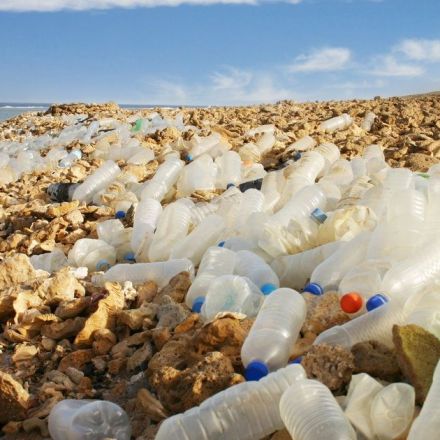
Subscribe to:
Comments (Atom)
